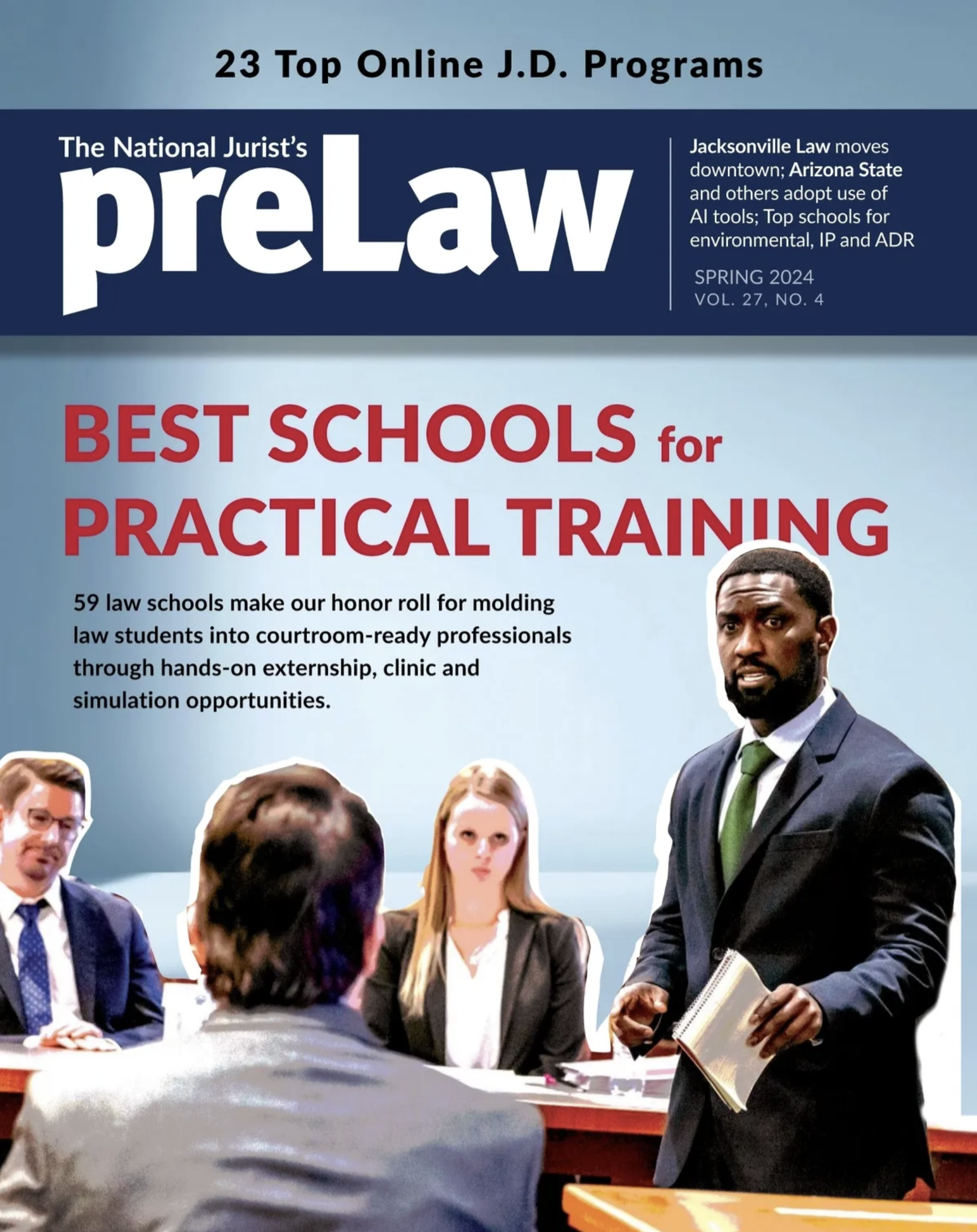The Washington state Supreme Court adopted three alternative pathways to a law license in March. These three alternatives bypass the traditional bar exam.
They include:
– For law graduates, a six-month apprenticeship under the guidance of a qualified attorney, during which aspiring lawyers must complete three courses of standardized coursework.
– For law students, 500 hours of work as a licensed legal intern and completion of 12 qualifying skills credits. A portfolio of work will also have to be completed.
– For law clerks bypassing law school, 500 hours of work as a licensed legal intern and completion of additional standardized educational materials and benchmarks under the guidance of their tutors.
The changes are based on recommendations by a task force that found that the traditional bar exam “disproportionately and unnecessarily” blocks marginalized groups from law practice, and that the exam is “at best minimally effective for ensuring competent lawyers,” the Washington Courts press release said.
The Washington Supreme Court also lowered the passing score for the Uniform Bar Exam from 270 to 266, the cutoff score temporarily implemented during COVID-19. The lower cutoff score is retroactive to February 2023 when the score was raised back to 270.
The lower cutoff will remain in place until the state’s summer 2026 adoption of the NextGen bar exam.
In Washington, the state supreme court will work with the Washington State Bar Association to develop a timeline and plan for implementation.
Other state changes and proposals
Oregon in November adopted an apprenticeship pathway for law school graduates, joining Wisconsin and New Hampshire, which have for years offered law graduates a way to become licensed without taking the bar exam.
High courts in California, Minnesota and Utah are currently considering proposals to license attorney without the bar exam, while Nevada and South Dakota are among the states developing such proposals.
Under Oregon’s new licensure program, law gradates will spend 675 hours working under the supervision of an experienced attorney and create a portfolio of legal work that bar officials will grade as an alternative to the traditional bar exam.
The State Bar of California is hoping to pilot a program in which law school graduates would complete 700 to 1,000 of supervised legal practice and submit a portfolio of work to be graded by the state bar. Those who pass would become licensed, but that proposal is awaiting approval by the state supreme court.








Comments (4)
Thank goodness!
The legal profession should adopt a model resembling that of the medical profession (without the high cost). That is, residency, board certification for particular areas, and various levels of professionals.
The medical profession mandates a doctorate and passage of a 3-part 5 day universal licensing examination. Total education time after college adds up to 30,000 to 50,000 hours of study and work for those becoming board certified, which itself also requires passage of a 2-3 day separate board certification exam.
This bears no resemblance to those pathways discussed in this article.
How will this effect ABA Accreditation which requires a minimum 75% pass rate for law school’s graduates in a calendar year who sit for the bar examination to pass within two years?
Is this new or shocking news? What was the legal profession before the “inception” of JD’s and BAR examinations? HONEST ABE LINCOLN managed quite well studying by his fireplace, being an intern, learning by “OJT” and is enshrined on Mount Rushmore and in Washington D.C. monuments.
Has anyone noticed that most law schools modus operandi are now becoming an extinct model?
A.I. is now and will continue to replace much of what attorneys do in the USA; also, “the paperwork ” is now efficiently and expeditiously handled by English speaking lawyers in locations like Bangalore, India, for 80% less cost of American attorneys.
Need we say more? Bye bye to a current “generational burden” of HIGHLY EXPENSIVE SUPERFLUOUS DEGREES……at least many of them…… DAVID RUDD MORTON (RET.)